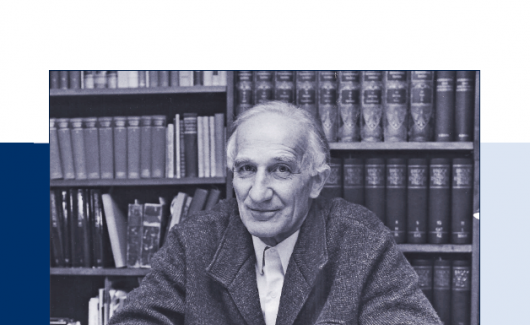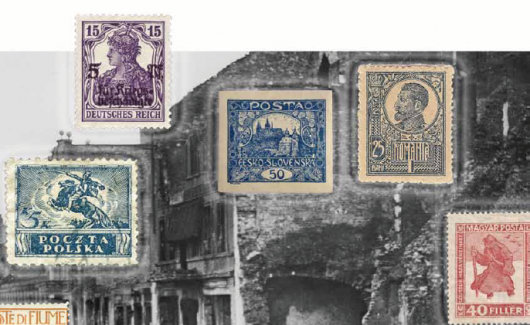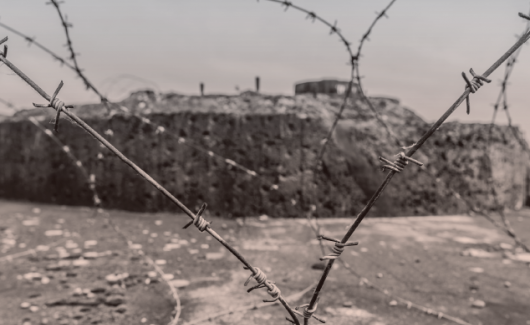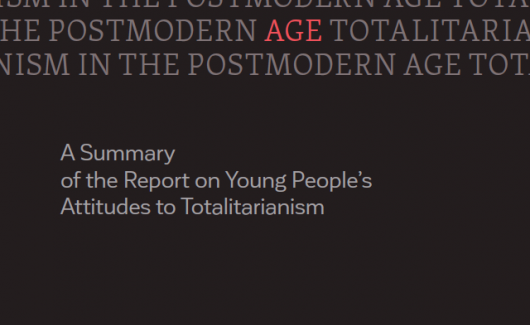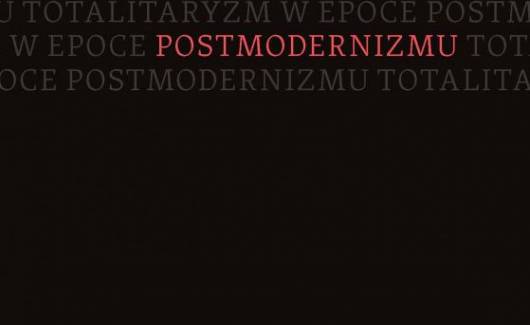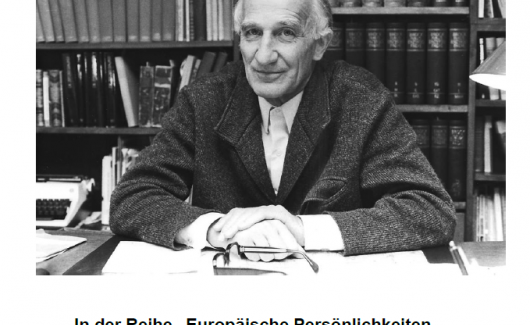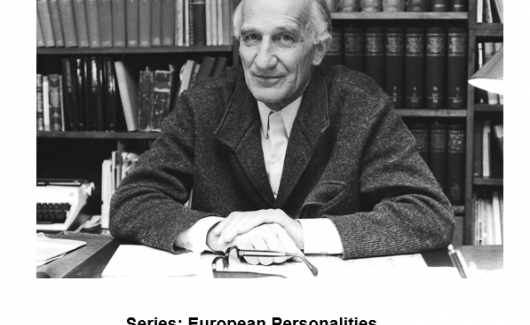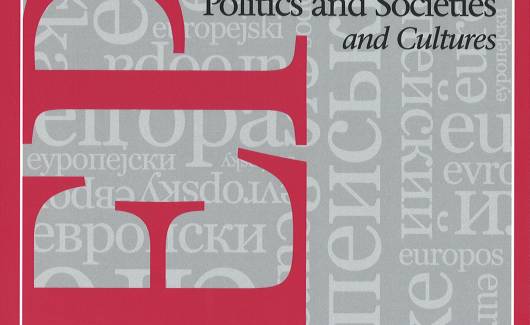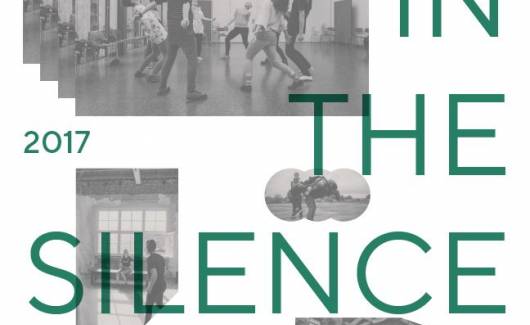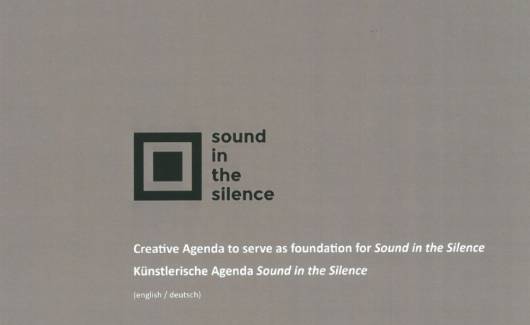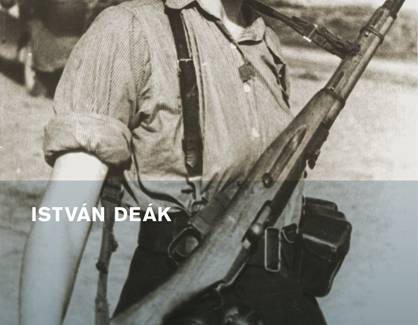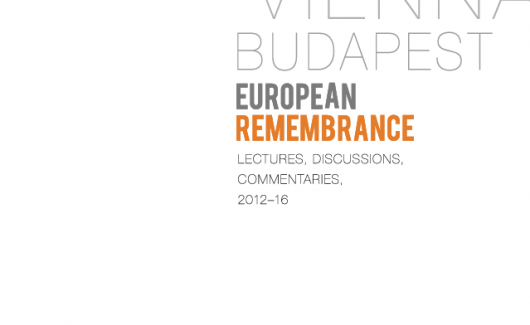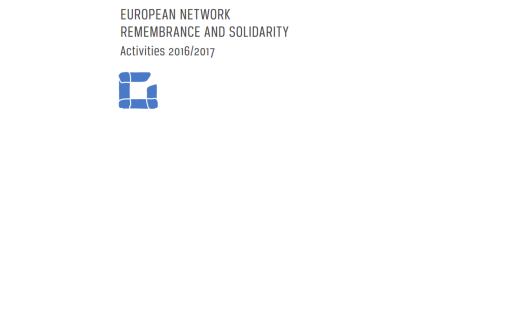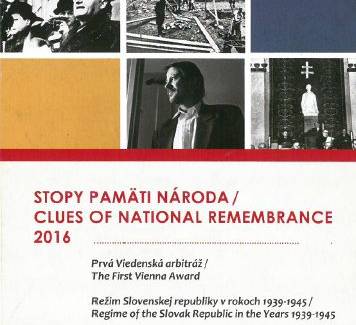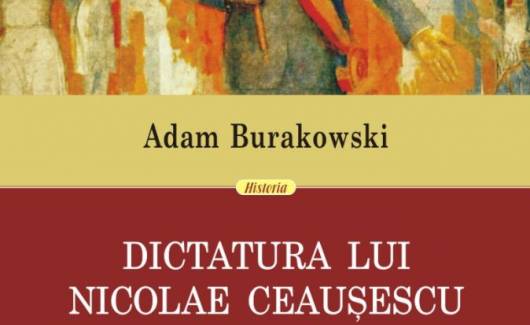The volume reflects on the Oldenburg intellectual Enno Meyer (1913–1996). Scientists, companions, former students and family members provide information about the work and biographical background of the teacher, who became the "Spiritus Rector" of the German-Polish Textbook Talks and led efforts to educate on the discrimination and extermination of Jews in the region of Oldenburg.
In addition to his early imprints in the small-town milieu of Oldenburg and the German-national youth and student unions of the 1920s and early 1930s, the volume also covers his drastic experiences as a soldier in the Second World War. The period after 1945 was a cautious recommencement for Meyer. As a history teacher, he dealt from then on intensively with the German-Polish and the German-Jewish relationships, bringing awareness of the crimes committed during the Nazi period to his students and readers.
